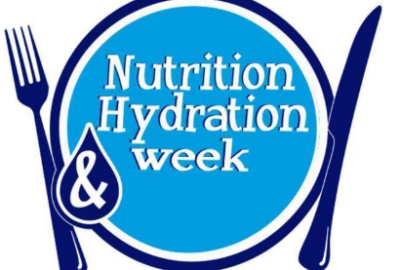New research by the Malnutrition Taskforce reveals that only half of health professionals thought malnutrition was a priority in their organisations – and only 47% felt confident their knowledge and skills were sufficient to help people most at risk.
The survey ‘Experiences of Patient Malnutrition’ by Dods Research also shows that half of the professionals interviewed felt unsure about what services or support were available in their community.
About 1.3 million people older people in the UK suffer from malnutrition, with the vast majority (93%) of those living in the community. Malnutrition is associated with several long-term conditions, such as chronic obstructive pulmonary disease (COPD), cancer, dementia and swallowing problems (dysphagia) as well as physical disability and social factors which can affect people in later life, such as bereavement, loneliness and isolation. Furthermore, nearly one third (32%) of older people admitted to hospital or a care home from the community are already at risk of malnutrition, as are half of patients admitted to hospital from care homes.
Dianne Jeffrey, chair of the Malnutrition Task Force and chairman of Age UK, said: “Eating and drinking well is a vital part of maintaining good health and independence. And while we generally think of malnutrition as a problem for low income countries, the sad fact is that many older people in the UK today are malnourished or at risk of becoming so.
“Malnutrition is a really knotty problem. While many of the interventions are relatively simple, to be really effective they require a wide range of services to come together, recognise the problem and each make a contribution towards tackling it.
“However at the moment the sad fact is in too many areas this isn’t happening, Malnutrition is often overlooked and isn’t tackled very effectively at any point in the care journey, so many people slip through the net and never receive proper help.”
For more information about the Task Force and the programme please visit www.malnutritiontaskforce.org.


